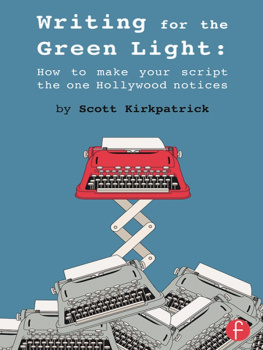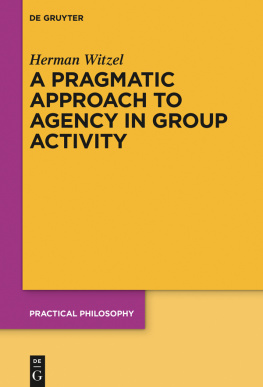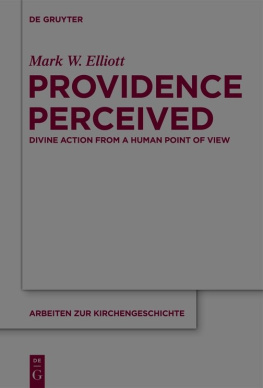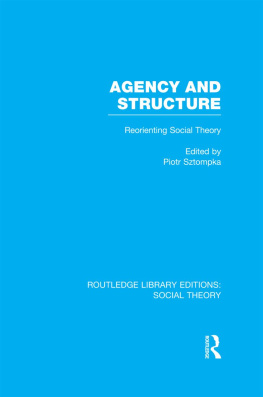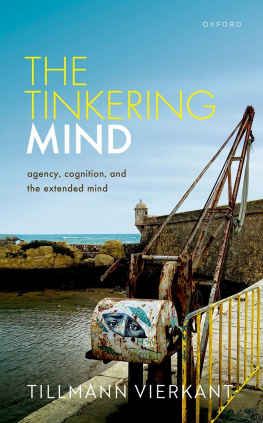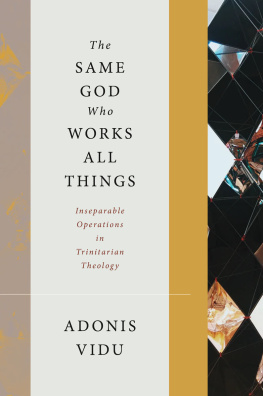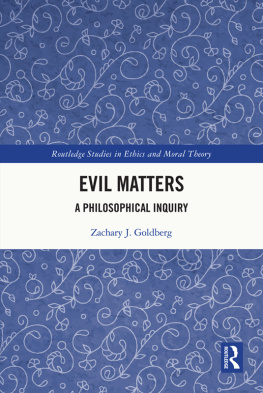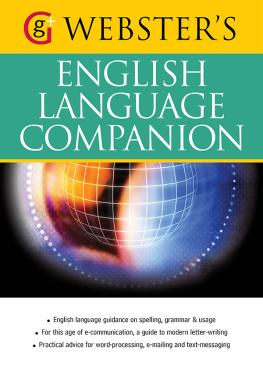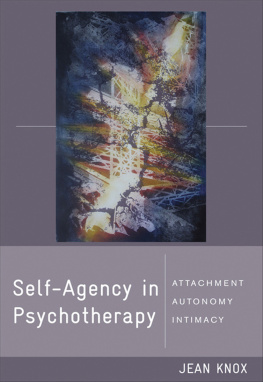Copyright 2014 Fortress Press. All rights reserved. Except for brief quotations in critical articles or reviews, no part of this book may be reproduced in any manner without prior written permission from the publisher. Visit http://www.augsburgfortress.org/copyrights/ or write to Permissions, Augsburg Fortress, Box 1209, Minneapolis, MN 55440.
The paper used in this publication meets the minimum requirements of American National Standard for Information Sciences Permanence of Paper for Printed Library Materials, ANSI Z329.48-1984.
Manufactured in the U.S.A.
This book was produced using PressBooks.com.
Philip Clayton, contemporary philosopher and theologian of science, claims theologians have so far paid scant attention to what it means to speak of a divine agent. The fear of an anthropomorphism that would reduce God to the level of the human joined forces with the acceptance of a scientific reductionism that displaced God from the world: the result was to put the notion of God as agent into at least metaphysical limbo, if not purgatory.
For many theologians, what seems to have replaced a metaphysically grounded and robust conception of God as an agent are vague references to the spiritual or transcendent (sometimes confused with the transcendental) dimension of life, to a God beyond or without being, to a numinous religious experience as the non-rational apprehension of the divine mystery lying behind life, and so forth. Without denigrating the non-rational experiential and spiritual dimension of human life, I do not believe it is sufficient by itself to support a notion of God as a personal agent. Any attempt to resuscitate the notion of God as agent is seen by many theologians and philosophers of religion as a crude and unsophisticated return to an outmoded, metaphysically discredited, primitive anthropomorphic view of God that lacks the pizzazz of spiritual mystery and cannot satisfy the religious hunger for contact with something that completely transcends the limits of human thought. Despite the critical condition in which the notion of God as agent now finds itself, I want to return to and defend a metaphysically robust notion of God as agent that, I believe, alone can give specificity to the spiritual experience and be consistent with the scriptural witness to God found in the monotheistic religions.
Most theologians simply gave up trying to find a place for Gods actions in a world whose explanation has now been entrusted entirely to a scientific reductionist understanding (reducing reality its basic constituent elements, e.g., atoms). In the face of the overwhelming evidence for evolution, for example, theologians have, for the most part, not even dared to suggest the metaphysical possibility of divine action in the world for fear of being called creationists or believers in intelligent design. I will not explore here the metaphysical implications of creationism or whether or not God can have a hand in the evolutionary process, but I do believe that theologians need not abandon every notion of divine action in the world simply because it can be misused, misapplied, or understood as an interference into the causal order. Almost every attempt to preserve divine action ultimately devolves into some theologically distasteful notion of divine interference into or violation of the causal laws that are assumed to be the final and exhaustive explanation of all that takes place in the world. Any attempt to talk coherently of God as an agent whose acts influence the world directly is immediately ruled out of order because it smacks of creationism or a fundamentalist reading of the Bible in strictly literal terms. One dare not speak of God acting in the world if one wants to avoid being seen as anti-science or anti-reason.
Almost every writer who has tried to reconcile the methodology of science with belief in God has felt the need to deny that God acts in nature. Quailing under the specter thrown up by anti-theists such as Richard Dawkins that the God who operates as a supernatural cause of events in nature is not scientifically credible, most theologians have tried to find a way around locating divine action in the workings of nature, in the unbroken chain of material cause and effect that, allegedly, explains all that happens in nature with nothing left over to be explained in some other way. It is significant that virtually no theologian or philosopher of religion who wants to retain credibility among his peers wants to undermine the universal consensus that God is not to be found as an intelligent designer who acts within the universe. Credibility might be retained if God is restricted to being the originator or ultimate explanation for the very existence of the universe, but not as a force within the universe once it has begun to exist. Fear of being linked to Creationism and Intelligent Design, associated by most militant anti-theists with a manipulating activist and interventionist deity whom they dismiss as having no explanatory power whatsoever inasmuch as the deity is not a cause alongside other causes, has essentially scared theologians away from any examined analysis of the premises behind the notion that causal law, restricted to finite and measurable causes and effects, is exhaustively explanatory of all that takes place in nature. As John Haught puts it in his God After Darwin: A Theology of Evolution, recent efforts to confront the challenge of evolution by restating or revising arguments for intelligent design are both apologetically ineffective and theologically inconsequential.
Nevertheless, Haught does concede that any coherent faith or theology rightly demands that God be actively involved in the world...
I do not intend to follow the details of Haughts explanation, but I do think he is right to want to retain both an explanation of divine action and a refusal to accept intelligent design or creationism as that explanation. Rather than going down the process and panentheistic theology path (which has a lot to recommend it and to which I will give more attention later in the book when discussing the work of Arthur Peacocke and Clayton), I want to go down the path that starts with the notion of the primordiality of action. For in the end, I believe that a robust notion of action is capable of sustaining a real place for scientific explanation of what occurs in the world when action is not taken into account, and of sustaining a notion of divine action that does not entail the dreaded notion of causal interventionism from outside nature (at least in its typical invocation), a notion that has spooked most of the discussion about how God acts. Only a fully fleshed out notion of action as a primordial category of explanation can preserve a place for divine action within and upon the world, without becoming an explanation that is a rival to and incompatible with a scientific explanation of worldly events. If human agent-initiated action per se is not a metaphysical absurdity, then divine action will not be either. But if the scientific worldview cannot accommodate even free action by conscious human agents alongside of (or, as I will argue, supervening upon and presiding over) causal happenings, then divine action will be thrown out as well. There is, I will argue, a capacious notion of action that includes but goes beyond the notion of merely caused events linked in an unbroken causal chain. Events within that chain will turn out to be best understood as happenings or occurrences in which there is a distinct absence of agent-initiated and agent-superintended actions taking place. Actions, on the other hand, will turn out to be happenings in which agents preside over, supervene upon, and deploy the mechanisms and causal elements of the non-agent dimension of reality in order to carry out their agent-initiated intentions. Their intentions and the acts that fulfill them supervene upon or comprehend the causal order without (normally) violating the principles that determine and explain it within its own borders. This is a form of a hierarchical understanding of how agents relate to the causal infrastructure that participates in the field of action presided over by the agent.



